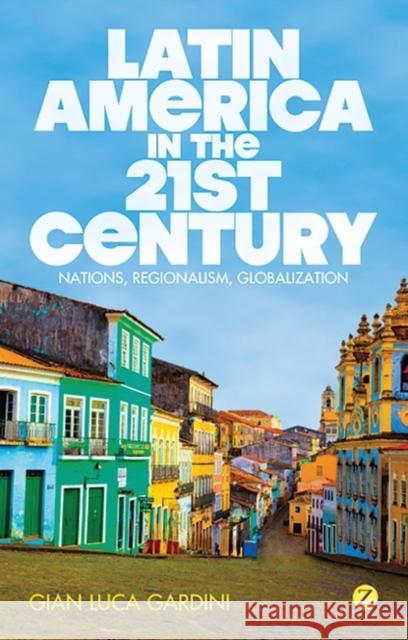Latin America in the 21st Century: Nations, Regionalism, Globalization » książka
Latin America in the 21st Century: Nations, Regionalism, Globalization
ISBN-13: 9781780320892 / Angielski / Twarda / 2012 / 152 str.
Twenty-first century Latin America is rich in history, culture, and political and social experimentation. In this fascinating and insightful analysis, Gardini looks at contemporary developments at three interconnected levels: the state, the region, and the international position of Latin America. At the state level, leaders such as Evo Morales of Bolivia or Chavez of Venezuela embody a renewed intellectual autonomy in the continent but even so, there are significant discrepancies between their discourse and their actions. At the regional level, while a consensus has emerged over Latin American unity as the only way towards development, the existence of several competing schemes of regional economic and political integration, such as MERCOSUR, ALBA, and UNASUR reflect the actual diversity of the area. At the global level, elements of change such as the rise of Brazil and the availability of non-traditional partners like China coexist with traits of continuity such as the crucial political, economic, and ideational role of Washington. Overall, Gardini argues, Latin America has never been so well-off, so autonomous, so effective in its quest for endogenous development and so well positioned in the world as it is at the beginning of the twenty-first century.











